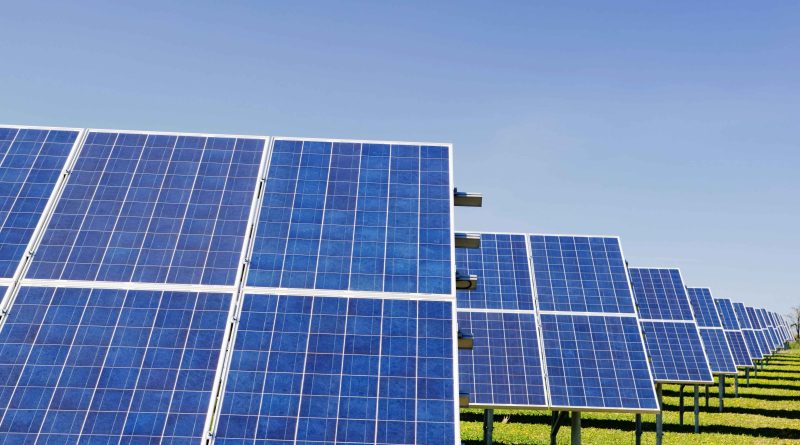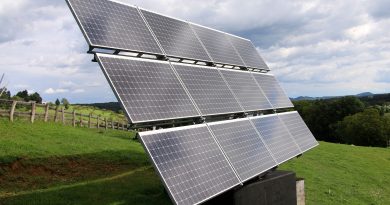Celebrate Diwali: Save Environment with Solar
Table of Contents
Introduction
Diwali, also known as the Festival of Lights, is a celebration that brings joy and happiness to millions of people around the world. It is a time of exchanging gifts, lighting oil lamps, and bursting colorful fireworks. However, amidst the festivities, it is crucial to remember the impact our actions can have on the environment. With the increasing concerns about climate change and the depletion of natural resources, taking steps to save the environment has become more important than ever before. One such step is installing solar power systems during Diwali, a choice that not only benefits the environment but also helps us save on energy costs in the long run.
The Need for Solar Power
Traditional energy sources, such as coal and oil, contribute to air pollution, greenhouse gas emissions, and climate change. As fossil fuels are depleted, the need for alternative sources of energy becomes evident. Solar power, derived from the sun, provides a clean and renewable energy solution. By installing solar panels, we can generate electricity without producing harmful emissions or damaging the environment.
Benefits of Installing Solar Power Systems
1. Environmental Benefits:
Installing solar power systems significantly reduces the dependency on fossil fuels, leading to a decrease in greenhouse gas emissions. Solar energy production does not release any pollutants, making it a clean and sustainable choice for powering our homes and businesses. By opting for solar power, we contribute to preserving the environment for future generations.
2. Financial Savings:
While the initial investment may seem high, installing solar power systems can result in significant long-term savings. By generating your own electricity, you can reduce or even eliminate your electricity bills. Additionally, in many regions, governments offer incentives and tax breaks for adopting solar power systems, further reducing the overall cost. Over time, you can even sell excess electricity back to the grid, earning additional income.
3. Energy Independence:
With solar power, you become less reliant on the power grid. This is particularly valuable during power outages or in areas with an unstable electricity supply. By installing battery storage systems along with your solar panels, you can store excess energy for use during the night or during times of minimal solar activity. This increased energy independence provides peace of mind and reduces our carbon footprint.
4. Longevity and Durability:
Solar panels are built to withstand various weather conditions, including rain, snow, and high winds. They typically require minimal maintenance and have a lifespan of 25 to 30 years. By investing in solar power systems, you are making a long-term commitment to reducing your environmental impact and benefiting from clean energy for decades to come.
Installing Solar Power Systems during Diwali
Diwali is a time when homes and buildings are beautifully decorated with lights and colors. It is the perfect occasion to raise awareness about sustainable living and to showcase the benefits of solar energy. Here are some steps you can take to install solar power systems during Diwali:
1. Conduct a Solar Energy Audit:
Before installing solar panels, it is essential to assess your energy needs. Track your household energy consumption and determine the size of the solar system required to meet your electricity demands. Consulting a professional solar installer can help you make accurate calculations and choose the right system for your home or building.
2. Find a Reliable Solar Installer:
Research and locate a reputable solar installation company or contractor in your area. Check for customer reviews, certifications, and warranties offered. Educate yourself about the different types of solar panels and technologies available to make an informed decision.
3. Obtain Required Permissions:
Depending on your location, you may need to obtain permits or approvals from local authorities before installing solar panels. Ensure that you complete the necessary paperwork and adhere to local regulations to avoid any legal issues later.
4. Choose the Right Location:
Identify suitable locations on your property for solar panel installation. Ideally, they should receive ample sunlight throughout the year with minimal shading from trees or nearby buildings. A south-facing roof is usually the most efficient option, but solar panels can also be installed on the ground if space permits.
5. Consider Battery Storage:
To maximize the benefits of solar power, consider investing in battery storage systems. These batteries store excess energy generated by the solar panels, ensuring a constant supply of electricity even during periods of low solar availability. Battery storage is particularly useful for homes located in areas with unreliable grid connections.
6. Monitor and Maintain:
Once your solar power system is installed, regular monitoring and maintenance are necessary to ensure optimal performance. Clean the solar panels periodically, check for any damage, and monitor energy production. Most solar power systems come with monitoring applications that allow you to track your energy usage and efficiency.
Conclusion
By installing solar power systems this Diwali, we can contribute to saving the environment while enjoying the benefits of renewable energy. Solar power is a sustainable and financially viable solution that reduces our reliance on fossil fuels, lowers our carbon footprint, and helps combat climate change. The environmental, financial, and energy independence gains make solar power a smart choice for every homeowner and business owner. So, let’s embrace the Festival of Lights this Diwali by illuminating our lives with solar energy and taking a significant step towards a greener and more sustainable future.




